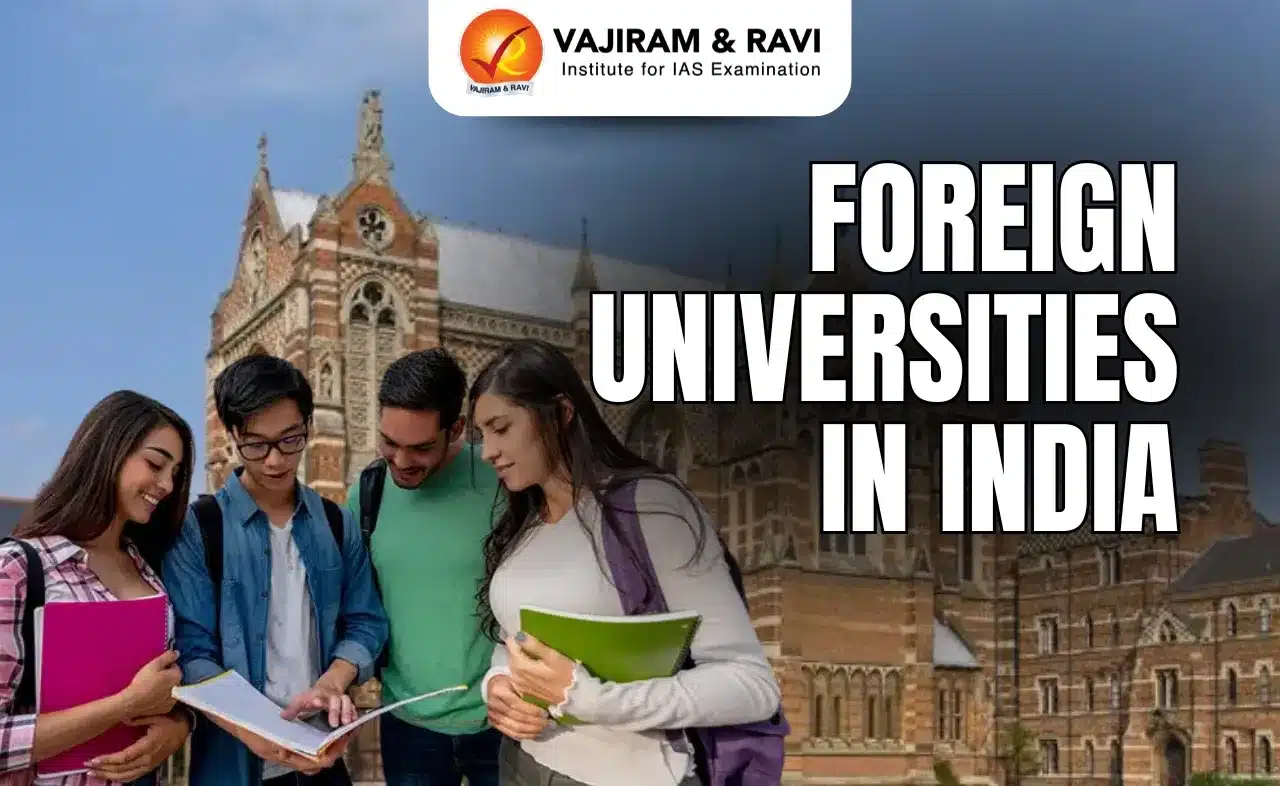Boosting Scientific Research in India Latest News
- In a significant policy shift to promote ease of doing research in India, the Government has amended the General Financial Rules (GFR) to increase procurement limits for scientific institutions.
- This reform is aimed at reducing procedural delays, enhancing autonomy, and accelerating innovation.
Key Amendments in GFR Related to Research Procurement
- Increased procurement limits without quotation:
- Earlier limit: ₹1 lakh
- Revised limit: ₹2 lakh
- Applicability: Scientific instruments and consumables used for research.
- Benefit: Faster and simpler procurement for smaller purchases.
- Purchase committee empowered further:
- Earlier limit for procuring goods: ₹10 lakh
- Revised limit: ₹25 lakh
- Significance: Greater flexibility and quicker decision-making at institutional level.
- Enhancement in limited tender enquiry (LTE) and advertised tender enquiry:
- The financial limits for procuring goods using the LTE and advertised tender enquiry have been increased to ₹1 crore from the existing ₹50 lakh.
- Impact: Facilitates smoother medium-scale procurement processes.
- Approval powers for global tender enquiry:
- Vice Chancellors and directors have been designated as competent authorities to approve the issuance of a global tender enquiry up to ₹200 crore.
- Condition: Procurement must be exclusively for scientific research purposes.
Other Key Reform Measures Announced
- Exemption from Government e-Marketplace (GEM):
- Previous rule: Mandatory procurement through GEM, prioritising the cheapest available Made-in-India options.
- Problem: Scientists reported quality issues and delays due to lack of customisation and limited high-grade scientific vendors on GEM.
- Revised rule: Directors, Vice-Chancellors, and Chancellors now permitted non-GEM procurement for scientific equipment and consumables.
- Enhanced procurement autonomy for research heads: Institute heads regain pre-GEM level autonomy in selecting vendors and managing purchases. Seen as a restoration of trust in institutional judgment.
Strategic Objective Behind the Amendments
- Promote ease of doing research: By simplifying research procedures.
- Reduce bureaucratic delays: Simplified GFR norms reduce red tape and administrative delays in the procurement process.
- Encourage autonomy and innovation: Institutions gain more financial freedom to prioritize research goals without being hindered by restrictive financial ceilings.
- Supports objectives of Atmanirbhar Bharat: By enabling domestic institutions to access world-class tools.
Wider Applicability Across Scientific Sectors
- Departments benefiting from revised GFR:
- Department of Science and Technology (DST)
- Department of Biotechnology (DBT)
- Council of Scientific and Industrial Research (CSIR)
- Department of Atomic Energy (DAE)
- Department of Space, etc.
- Institutions benefited:
- Defence Research and Development Organisation (DRDO)
- Indian Council of Medical Research (ICMR)
- Indian Council of Agricultural Research (ICAR)
- Universities and Educational Institutions conducting PG and doctoral research
Conclusion
- The revised General Financial Rules (GFR) mark a progressive policy move to empower India’s scientific community, streamline procurement processes, and catalyze indigenous innovation across strategic sectors like defence, space, health, and education.
- These steps are aligned with India’s broader vision of becoming a global leader in science and technology.
Boosting Scientific Research in India FAQs
Q1. What is the primary objective behind the recent amendments to the General Financial Rules (GFR) concerning research procurement?
Ans. The amendments aim to promote ease of doing research by reducing delays, enhancing institutional autonomy, and accelerating innovation in scientific institutions.
Q2. What are the revised financial limits for procurement without quotation and through the Purchase Committee under the new GFR norms?
Ans. The limit without quotation has been increased from ₹1 lakh to ₹2 lakh, and the Purchase Committee limit has been raised from ₹10 lakh to ₹25 lakh.
Q3. Which authorities have been empowered to approve global tender enquiries up to ₹200 crore, and for what purpose?
Ans. Vice Chancellors and Directors of research institutions can now approve global tender enquiries up to ₹200 crore exclusively for procuring scientific equipment and consumables for research.
Q4. Name at least three scientific or research institutions that will benefit from the revised GFR provisions.
Ans. DRDO, ICMR, and ICAR, along with universities conducting postgraduate and doctoral research, will benefit from the revised norms.
Q5. How do the amended GFR rules align with India’s broader goals in science and technology policy?
Ans. The reforms support India’s aim to become a global scientific leader by fostering an ecosystem of innovation, autonomy, and efficient resource utilization.
Source: TH
Last updated on June, 2025
→ UPSC Notification 2025 was released on 22nd January 2025.
→ UPSC Prelims Result 2025 is out now for the CSE held on 25 May 2025.
→ UPSC Prelims Question Paper 2025 and Unofficial Prelims Answer Key 2025 are available now.
→ UPSC Calendar 2026 is released on 15th May, 2025.
→ The UPSC Vacancy 2025 were released 1129, out of which 979 were for UPSC CSE and remaining 150 are for UPSC IFoS.
→ UPSC Mains 2025 will be conducted on 22nd August 2025.
→ UPSC Prelims 2026 will be conducted on 24th May, 2026 & UPSC Mains 2026 will be conducted on 21st August 2026.
→ The UPSC Selection Process is of 3 stages-Prelims, Mains and Interview.
→ UPSC Result 2024 is released with latest UPSC Marksheet 2024. Check Now!
→ UPSC Toppers List 2024 is released now. Shakti Dubey is UPSC AIR 1 2024 Topper.
→ Also check Best IAS Coaching in Delhi
Tags: boosting scientific research in india mains articles upsc current affairs upsc mains current affairs
























